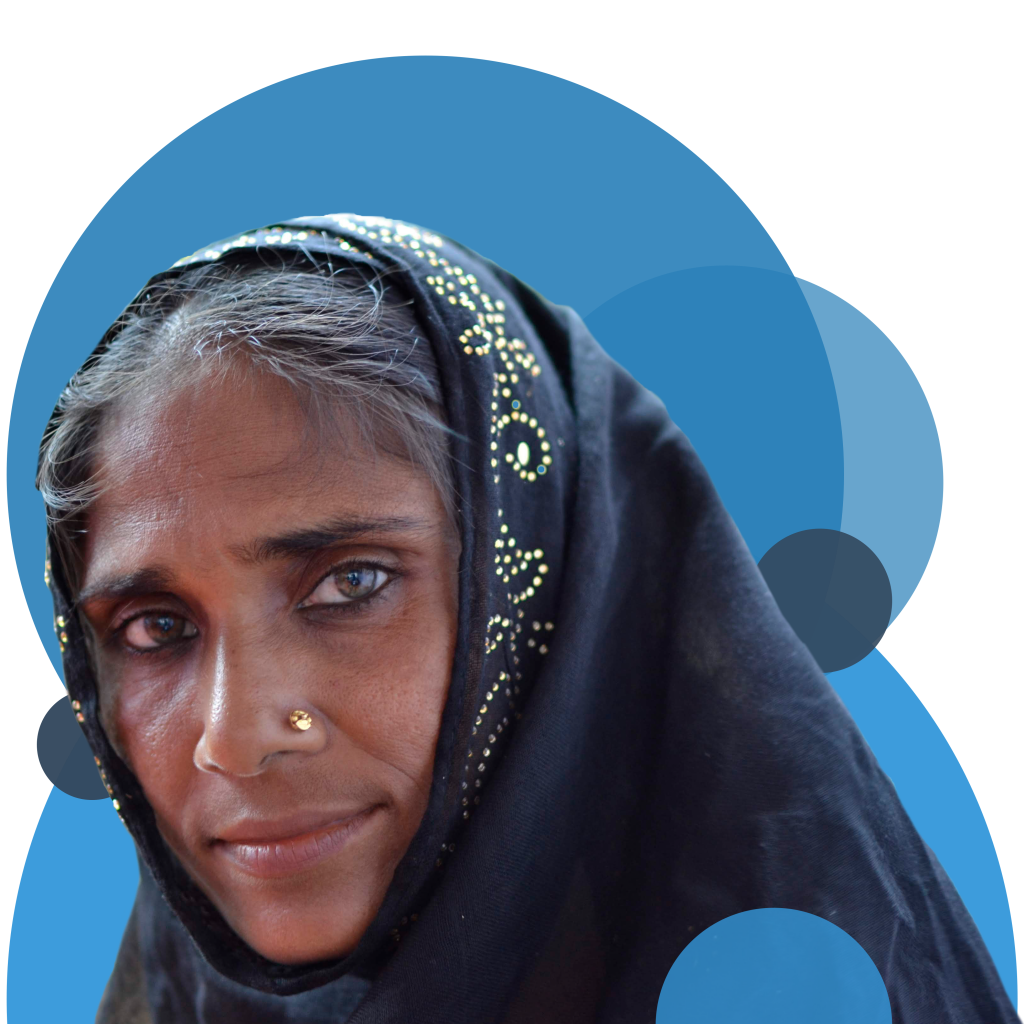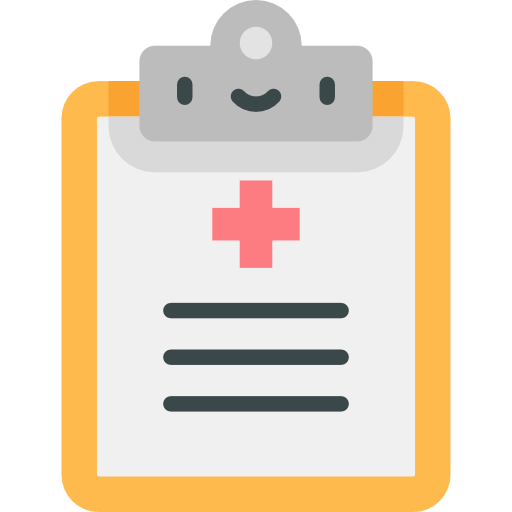Revolutionising Maternal Healthcare
Find out how we plan to improve healthcare for mothers around the world!



Meet the People Behind Maa
Our Story
In 2013 our founder, Aqil Jaigirdar, visited Bangladesh on a medical trip. It was there he witnessed a mother bleeding to death after a cesarean birth. The newborn child she had died for, lay there unable to breath as the family around them mourned. After seeing this occur, and hearing how common incidents like this were, Aqil knew he had to do something to change it. He returned to the UK driven to make a difference and so in March 2016 he started the Maternal Aid Association (Maa).
Since being founded Maa has grown exponentially, initially starting out as a handful of volunteers based in King’s College London, we now have over 50 students and professionals from across the UK and Bangladesh helping us. Each year we send a group of volunteers on JourneyMaa, our flagship project, which sees them deliver maternal healthcare and educational seminars first hand. Starting in 2018, these patients have been followed up with every two months by our international team to ensure the care we give is sustainable and long term.
Our Work



Education
We hold seminars and workshops for mothers and young women to teach them about safe pregnancies and newborn care.



Diagnosis
Our trained doctors perform free health checks on mothers and pregnant women to determine their well-being.



Medication
Based on the health assessments we provide potentially life saving medication for mothers on a bi-monthly basis
Our Future
Currently our work is focused in two villages in Bangladesh but in the future we hope to expand into more locations. Our long term goal is to establish a Hub-spokes model of care in which mothers have access to immediate treatment in remote villages through ‘spokes’ and more difficult cases can be referred to specialists based in centralised ‘hubs’. After building a stable system in Bangladesh we aspire to replicate this system across more developing countries around the world.

